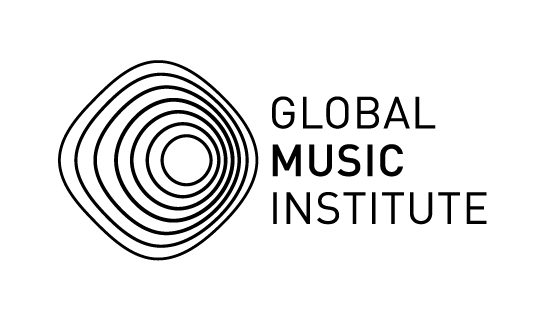16 Aug Kartikeya Srivastava
Kartikeya Srivastava might come across as just another guy next door who’s back from his vacations for a while but there’s more than what meets the eye.70-467
Born and raised in Lucknow, this prolific drummer is a student at the Berklee College of Music and is currently taking Contemporary Music Theory, private Drum a Canada goose jackets and coatsand Ear Training session for students at Global Music Institute. Anisha Saigal, the resident blogger caught him over for a tete-a-tete.
AS– Tell us about your Berklee stint. What semester level are you enrolled in?
KS– I’m a fifth semester student, majoring in performance. This is the first time I’ve taken a break cause usually people do two semesters and take a semester off but this is the first time I’m taking an off . I’ve been working with the Berklee Global Jazz Institute at Berklee. That is sort of an honours programme in itself but with a social aim in mind. I’ve been doing that for two semesters and its been a nice experience. I got to meet some of my favourite musicians while working there http://www.aislinncaron.ca . I just needed a break for a while, so I’m here.
AS– What did you choose this particular major?
KS– I like to play more than anything else. To put it this way, there are a lot of other majors at Berklee but having moved halfway around the world I wouldn’t want to do something that I don’t want to do. More people come in and do stuff like Music Business which is great but you could do something like that without going to Berklee. If you’re at Berklee, you need to make use of it. Berklee’s good at other things as well but I was always into playing and never into electronics, synthesis or production.
AS– When did this affair with the sticks and kits begin? Why did you pick up drums as principle instrument?
KS– I’ve been playing for a while now. My parents tell me when I was four; I kept circling around the drummer, at a gig. I was fascinated by the bass drum pedal at the gig. That’s when I began asking my parents more about it. I finally got the kit when I was eight. I was too young to remember it consciously but it was something that attracted me.
AS– How did you hear about GMI and what was the main aim behind doing this teaching stint here?
KS– I know Tarun from Berklee and we have been in touch. He started GMI last year, so this time when I decided to come back to India, I decided to stay back in Delhi rather than going home in Lucknow. I wanted something to do basically and I have a couple of projects in Delhi. It was essentially to make more contacts.
AS– How is this stint with GMI helping you focus on your growth as a musician and the career?
KS– The students that I am teaching here are at completely different levels. I’ve to be really conscious about what I tell them. There are times when things that I am doing come naturally to me. I am not aware of them anymore because I’ve been doing them for so long. I find myself going back to the basics where it’s a nice way to concentrate on what one has done before.
A lot of students have different ways of approaching things differently.
So, it’s interesting to see a certain path that a student takes to get to the same place rather than what the other student takes. It’s just nice to share stuff where I’m teaching but it’s a hang essentially (chuckles). Looking back, obviously, if I had someone to guide me, it would’ve helped me a lot. It’s important to introduce different concepts as soon as possible because they’re going to be your musical foundation.
AS– Looking back, if you had an opportunity to attend lessons in India with an institute like GMI, would you have benefitted out of it? Can you picture yourself as a student here?
KS– Yes, I would have really benefitted if I had a similar sort of training Learning music’s a lot like learning a language. So, for eight years what I did was rote learning. I was just playing but didn’t know what was happening. It’s like saying a sentence in French. You know what the sentence means but unless you know the formation and structure you cannot say you know French. This is where GMI differs from other music schools.
AS– Has GMI helped you with networking around the city with musicians?
KS– It has a lot, actually. I am looking to start my own project which is a trio. Both other musicians are teachers at GMI as well (Jayant Manchanda and Rohit Gupta). I have another trio as well named ‘Skip Bop Trip’ with Pranav Pahwa (who’s also a teacher here) and Sahil Warsi. People like these I’m playing with also have more contacts so I’m getting connected to a lot more people in Delhi. I might get to play with Adi + Suhail as well for their next gig.
AS– What are your plans when you return to Berklee this Fall?
KS– I just want to concentrate on my studies at Berklee .I also have a trio there with this guitarist from Thailand called Julphan and we just recorded an album, so that’s going to come out. We’ll probably do a tour of East Coast, once that happens. I’m also looking at Grad Schools for my masters ideally looking around New York.




Sorry, the comment form is closed at this time.